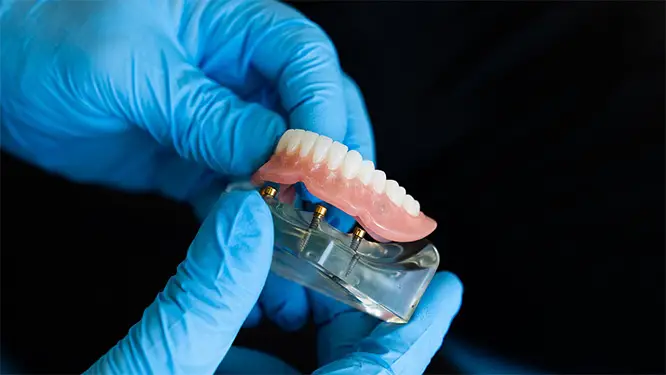7 Natural Ways to Improve Your Digestive System Function

Improving Digestive Health Naturally: Practical Tips
Digestive discomfort is a common issue faced by many. While the causes vary, the symptoms are consistently bothersome and best avoided.
Simple Lifestyle Adjustments: Hydration and Activity
Caring for your digestive health can be straightforward. Making minor adjustments to your lifestyle and diet, such as staying hydrated with quality water and engaging in enjoyable physical activities, can bring about beneficial changes in your body.
Choosing the Right Foods: Opt for Natural Options
The typical Western diet, heavy on refined carbs and unhealthy fats, often contributes to digestive ailments like gut inflammation. Research suggests that replacing processed foods and synthetic sweeteners with nutrient-rich, naturally sweet, and healthy fat-containing foods can help prevent these issues. The Mediterranean diet, rich in healthy fats, whole grains, and vegetables, has proven effective in managing conditions such as IBS.
Regular Physical Activity: Support Digestion
Regular exercise is among the most effective ways to promote good digestion. Physical movement helps food move through your digestive system aided by gravity. Even a post-meal walk or light activity can speed up digestion. Studies show that just 30 minutes of daily physical activity significantly improves symptoms in those with chronic constipation and can reduce bloating.
Increase Fiber Intake: Promote Gut Health
Fiber offers numerous benefits, from lowering cholesterol to reducing the risk of heart disease. It plays a crucial role in maintaining gut health by promoting regular bowel movements. The recommended daily intake of fiber is 30g, with soluble fiber found in oats, nuts, and legumes aiding in forming bulkier stools, while insoluble fiber from vegetables and grains helps keep the digestive tract clean.
Keep a Food Journal: Identify Triggers
Identifying foods that trigger digestive issues can be challenging. Keeping a food diary helps track your diet and any resulting discomfort. If certain foods consistently cause problems, consider eliminating them from your diet after consulting with a medical or nutritional expert.
Manage Stress: Impact on Digestion
Stress significantly affects the digestive system, leading to issues like stomach ulcers and IBS. When stressed, digestion is compromised as the body redirects energy away from it. Managing stress through techniques like meditation, acupuncture, or therapy can alleviate physical symptoms and improve digestive health.
Practice Mindful Eating: Enhance Digestion
Eating mindfully — being present during meals, chewing thoroughly, and avoiding distractions — promotes better digestion and nutrient absorption. This mindful approach prevents overeating and reduces digestive discomfort.
Include Gut-Friendly Nutrients: Supplements and Natural Sources
While whole foods are beneficial, supplements can enhance digestive health. Probiotics found in fermented foods like yogurt aid digestion by breaking down hard-to-digest fibers. Glutamine, present in foods like turkey and soybeans, improves intestinal health by reducing permeability. Zinc, essential for gut health, can be sourced from foods like shellfish, beef, and sunflower seeds. Always consult a health professional before starting any supplements.
These strategies can help improve digestive health naturally, ensuring better overall well-being.



